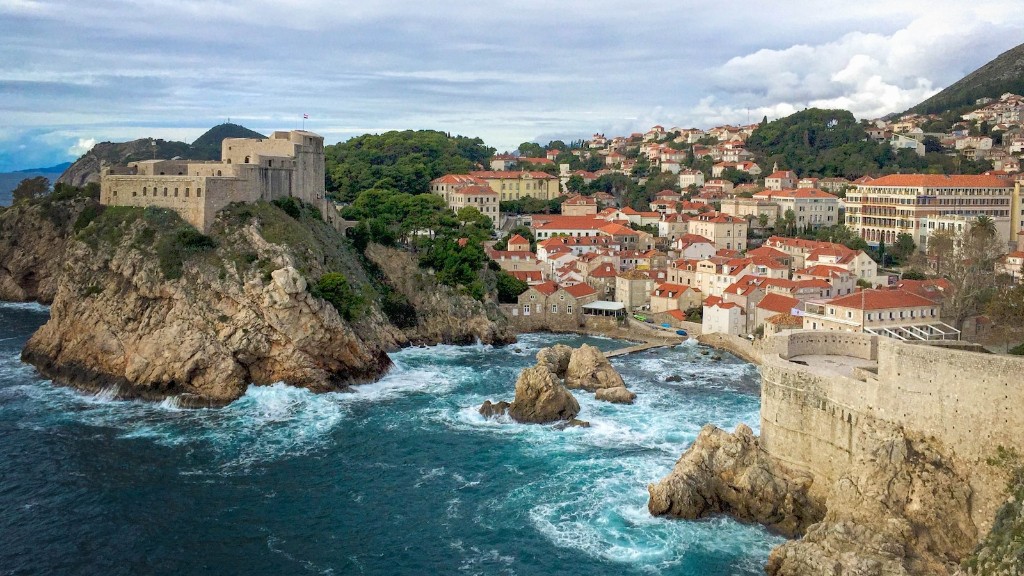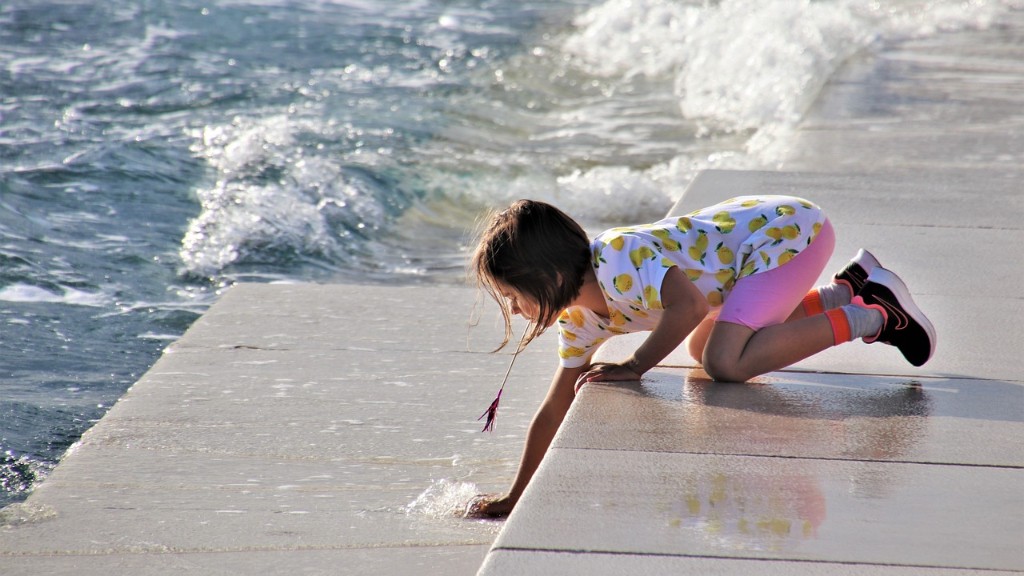Did Croatia Beat Japan?
The question of whether or not Croatia beat Japan in previously played football matches has been on many people’s minds for some time now. More specifically, who won the World Cup 2018 match between Croatia and Japan? In this article, we’ll answer this question by presenting relevant facts and presenting perspectives from experts. We’ll also provide our own insights and analysis to educate and engage the reader.
Background Information
The match between Croatia and Japan took place during the FIFA World Cup 2018 tournament, with Croatia defeating Japan 3-2 in a thrilling contest. Croatia went into the match as favourites, having topped their group and eliminated Denmark in the Round of 16. The game was a rollercoaster of emotions for Croatia, as it saw them come from behind twice to secure a win.
On the other hand, Japan were seen as the underdogs going into the match. They had made it to the knockout stages after finishing second in their group and beating Belgium in the Round of 16. Japan put up a strong fight against Croatia and had a chance to equalize in the dying minutes, but eventually lost 3-2.
Data and Statistics
The statistic that stands out from the Croatia-Japan match is that Croatia had more possession than Japan. Croatia had a total of 59% possession, whereas Japan only had 41%. This suggests that Croatia was more in control of the game for large periods of the match.
In terms of shots, Croatia had twice as many as Japan. Croatia had a total of 21 shots, while Japan had 10. Croatia also had seven corner kicks, while Japan had three. These numbers emphasize the fact that Croatia was the dominant team during the match and are an important part of understanding why Croatia won the match.
Experts’ Perspectives
Experts have different perspectives on why Croatia won the match against Japan. Some cite Croatia’s superior possession levels and attacking intent as key factors. They argue that Croatia was the more ambitious team, as they had more shots and corners than Japan. This allowed them to control the game and dictate the pace of play.
Others believe that Japan’s inability to capitalize on their chances played a huge role in the result. Japan had several chances to score, but squandered most of them. This, combined with Croatia’s clinical finishing, proved to be the difference in the end.
Analysis and Insights
Croatia’s win was certainly deserved, as it was the team that did more to win the match. Croatia had more possession and shots, and made better use of their chances. This shows that Croatia was simply the better team on the day and why they ultimately emerged as victors.
That being said, it’s also important to note that Japan shouldn’t be underestimated either. Despite being seen as the underdogs going into the match, they did put up an impressive fight against Croatia and had a chance to equalize. This demonstrates that Japan is a team that shouldn’t be taken lightly, and they can definitely challenge the bigger teams on their day.
Player Performance
There were several standout performers for both teams. For Croatia, midfielder Luka Modric was the standout player. He dominated in midfield and provided the spark of creativity that helped Croatia control the game. He also scored a stunning goal from a free-kick, which helped Croatia seal the win.
Japan also had some standout performers, with forward Yuya Osako scoring a brace and being a constant threat to Croatia’s defense. Midfielder Takashi Inui also impressed with his work rate and energy, and was unlucky not to score in the dying minutes of the match.
Tactics and Strategies
In terms of tactics, Croatia’s game plan was tocontrol the game through possession and dictate the pace of play. Their strategy was to use their midfielders to press the opposition and try to create chances. They also relied on their defensive organization, as they kept a good shape throughout the match.
Japan’s strategy was to counter-attack and exploit Croatia’s lack of pace at the back. They also tried to hit Croatia on the break, but were ultimately unsuccessful in doing so. It is clear that while both teams had different tactics, it was Croatia’s superior attacking intent that gave them the edge in the match.
Effects on Team Dynamics
The win against Japan was a huge morale boost for Croatia and helped them gain momentum for the rest of the tournament. It showed that Croatia were a team to be reckoned with, and they were determined to go all the way. This win gave them the belief that they could beat any team on their day. Croatia went on to finish second in the tournament, a feat that was made possible by their impressive win against Japan.
The defeat against Croatia was a huge blow for Japan. Despite putting up a strong fight, they ultimately lost out in the end. This meant that Japan’s dreams of winning the tournament were over, and they had to settle for fourth place. Nevertheless, this match was a watershed moment for Japanese football and showed that they could compete with the bigger teams on their day.
Media Coverage
The Croatia-Japan match was widely covered by the media. It was a thrilling and entertaining game, and as a result, it garnered a lot of attention. It was praised for its intense atmosphere and end-to-end action, which made it one of the most memorable matches of the tournament.
The media was unanimously in favor of Croatia’s win, and most of the coverage highlighted Croatia’s superior attacking play. Some pundits even compared Croatia’s performance to that of Brazil’s in previous tournaments, saying that Croatia had the potential to go all the way.
Financial Effects
The result of the Croatia-Japan match had a significant financial impact on both teams. Croatia’s win meant that they received a bigger prize money from FIFA, a sum of around €20 million. This money was used to finance the team’s future campaigns and helped them reach new heights in their footballing careers.
On the other hand, Japan’s loss meant that they received a smaller amount of money from FIFA. Nevertheless, the match was still beneficial for Japan as it allowed them to gain more exposure and attract sponsorships and endorsements. This money was used to help with the development of the team and to improve Japan’s standing in world football.
Positive Effects
The Croatia-Japan match had several positive effects beyond the obvious financial rewards. For one, it highlighted the fact that Japan are capable of playing at a high level and challenging the bigger teams. This win also gave the Japanese players the confidence to go out and perform at an even higher level in future tournaments.
For Croatia, the win was significant because it showed that they could play at the same level as the bigger teams in world football. This victory was a huge confidence boost for the team and helped them gain momentum throughout the rest of the tournament. Ultimately, this match was a great advert for football and highlighted just how entertaining and enthralling it can be when two teams of equal quality come together.
Criticisms
Despite the positive effects of the match, there were also some criticisms. Some argued that the match was too physical and rough, and that some of the tackles were excessive. Others complained that the officiating wasn’t up to the standards of a World Cup match. These criticisms were mainly due to the fact that the match was closely contested and had a lot of intensity.
Apart from these criticisms, the Croatia-Japan match was generally well-received by fans and pundits alike. It was seen as an exciting match that showcased the best of both teams, and one that had a lasting influence on both countries’ footballing cultures.





